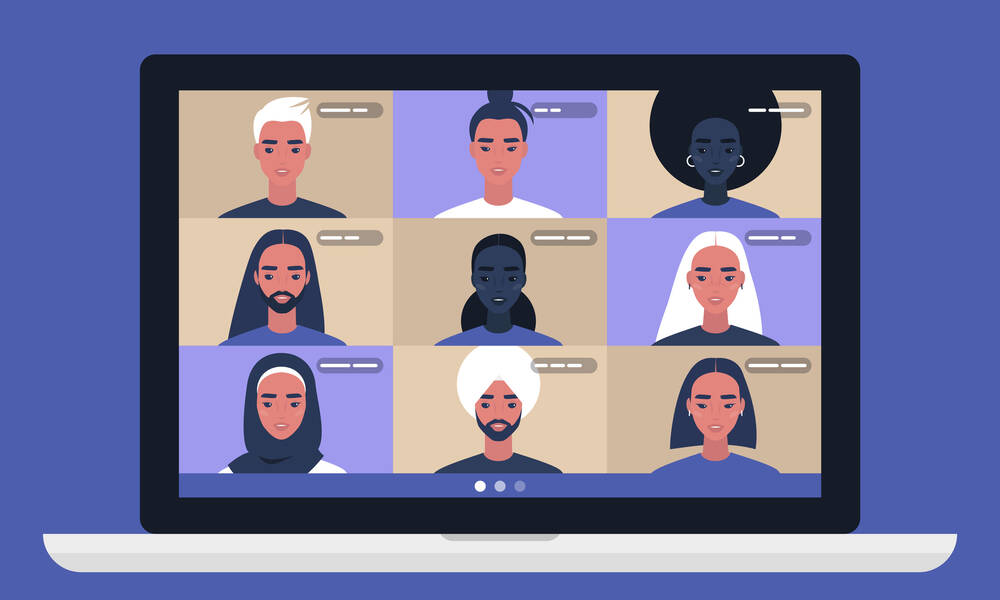
How the Events Industry Is Coming Together Amid COVID-19
Despite the large economic hit the meetings sector is dealing with due to coronavirus, industry professionals, venues, and organizations have still found ways to support one another and their communities.
I don’t know about you, but some days it can be overwhelming to read about COVID-19 and the impact it is having on people and industries around the world. That’s why this week I wanted to share some stories about how the events industry is coming together in these tough times to support one another and their communities. Here is a look at a few of them:
Celebrating virtually and globally. Earlier this week, close to 11,000 industry professionals came together for Global Meetings Industry Day: Virtual. The daylong, worldwide event focused on education, inspiration, and networking in the middle of the COVID-19 pandemic. The 12-hour event, hosted by Meeting Professionals International, connected members and nonmembers with personal and professional education, panel discussions, and conversations on recovery and meeting together again. The program was delivered across the globe simultaneously and translated into local languages.
“The ability to connect in a meaningful way and generate professional opportunities is critical to leading our economic recovery, perhaps now more than ever,” said Paul Van Deventer, president and CEO of MPI, in a press release. “This was among the most powerful experiences we have ever delivered to our industry. It was truly awe-inspiring and very emotional to see the overflow of passion verbalized via chat dialogue from our amazing community of professionals.”
Housing front-line workers. Last week, the American Hotel & Lodging Association announced that more than 15,000 hotels had signed up for its new initiative—Hospitality for Hope—which identifies properties that have offered to provide temporary housing for emergency and healthcare workers as the public health crisis grows. While the program primarily focuses on housing for healthcare workers, some hotels could potentially be used for other purposes, perhaps as emergency hospitals or places for those quarantined to stay. Hotel chains like Marriott and Best Western are also helping front-line workers with free and discounted rooms.
Donating food to local communities. In addition to housing, the industry is donating food from canceled events to those in need. For example, Caesars Entertainment provided 250,000 pounds of food, the equivalent of about 208,000 meals, to food banks and charities nationwide. As a result of canceled events at the Orange County Convention Center in Orlando, food service provider Centerplate donated more than 1,000 pounds of food to local organizations. And the Pennsylvania Convention Center and its Aramark partners donated 800 pounds of perishable food items to Sunday Breakfast Rescue Mission and the Valley Youth House’s Achieving Independence Center for distribution to individuals and families in need.
Lending a helping hand. The Greater Philadelphia Hotel Association’s COVID-19 Hospitality Workers Relief Fund provides gift cards for local grocery stores and pharmacies to hotel employees who have been furloughed or laid off. Similar efforts are also underway in New Hampshire and Rhode Island.
If you have other stories about how the industry is banding together, please share them in the comments below.
(nadia_bormotova/iStock/Getty Images Plus)






Comments